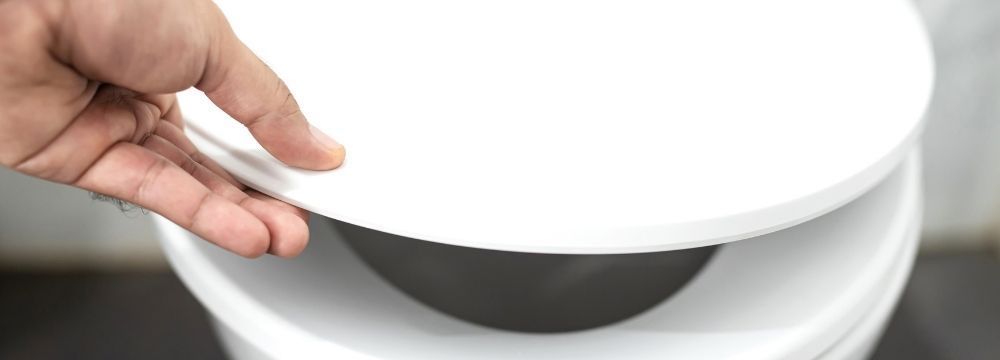It’s gross to think about but very important. Our excrement, or poop, can give us insight into our overall health and, more specifically, colon health. It can provide us with a lot of information on improving our diet and lifestyle, and it can ultimately tell us if we are straying from our health goals.

Normal, healthy excrement should be long, smooth, and sausage-like. It should be medium to dark brown in color and ideally should not smell terrible. But what do other characteristics of excrement mean?
If you have difficulty on the toilet and can only muster small pellet-like poop, you may be dehydrated, lack fiber, or both. Constipation can lead to hemorrhoids and diverticulitis. You may need to drink more water or take more fiber. Your doctor may also prescribe a fiber supplement.
On the other end of the spectrum, very loose stools or diarrhea may result from several issues, including incorporating new or unusual foods into your diet, a viral infection, bacterial infection, medication, or even stress. First, it is essential to get enough whole fruits and vegetables – fiber. If due to medication, check the typical side effects and speak to your doctor to explore a less bothersome option. But remember, with loose stools, you may be losing a lot of water and may become dehydrated. So be sure to drink plenty of liquids. See your family doctor or colorectal specialist if it worsens or doesn’t improve quickly.
Some patients may also see black, tarry stools when they go to the bathroom. This can be concerning as it may result from blood in the G.I. tract. Black stools are usually the result of a bleeding event further up in the G.I. tract (but can also result from medication). Bright red blood in the stool is more representative of bleeding near or at the anus. If you experience either, it is crucial to be evaluated by a colorectal specialist such as those at SAMPA. Most cases of blood in the stool are benign, but with the prevalence of colorectal cancer increasing, it is vital to be prudent.
The color of stool can also vary dramatically. Yellow stool may be normal or signify a problem with bile production. Green stool may be a result of what you eat or undigested bile (not uncommon in bariatric surgery patients). Even significant changes in the color of your stool may also be caused by what you eat. A great example is beets making stools look red and bloody for a while after eating them.
In the end, we all have different eating and bowel habits, and what may be expected for one may not be for someone else. Most importantly, if your bowel habits change drastically, you have prolonged periods of abnormal stool, or if you start experiencing issues without a known cause, it is important to schedule a consultation with a colorectal specialist as soon as possible to understand what may be going on.









